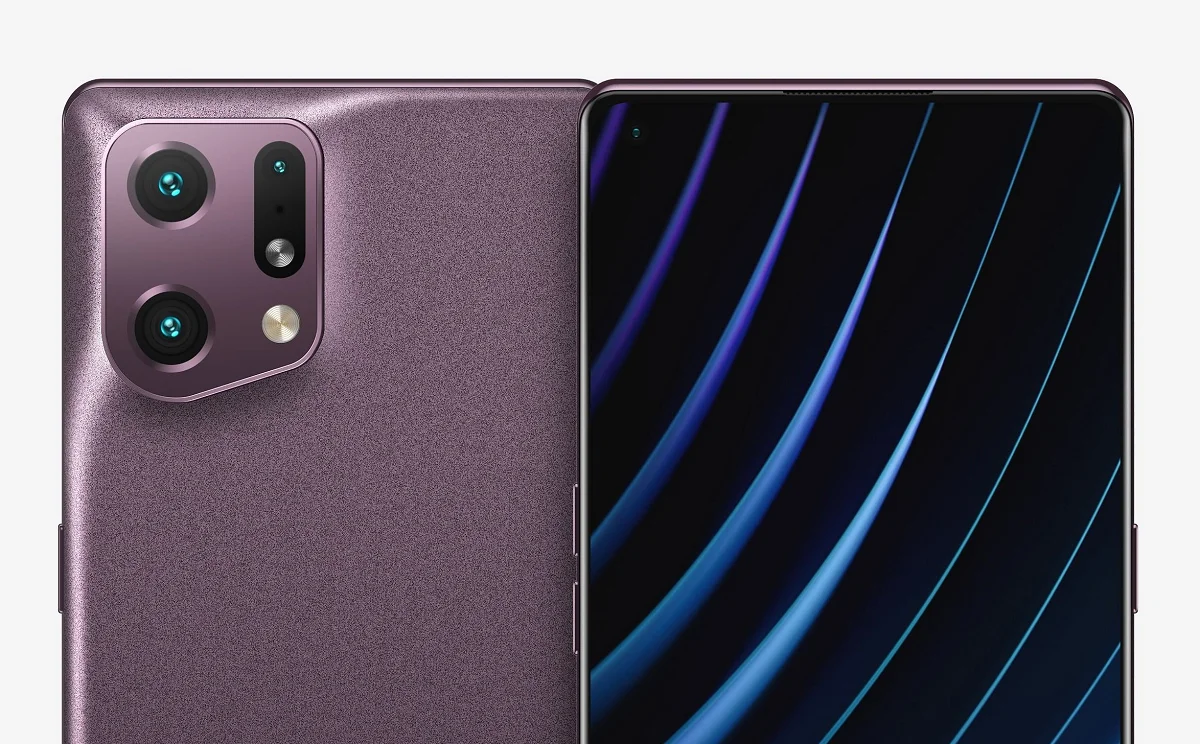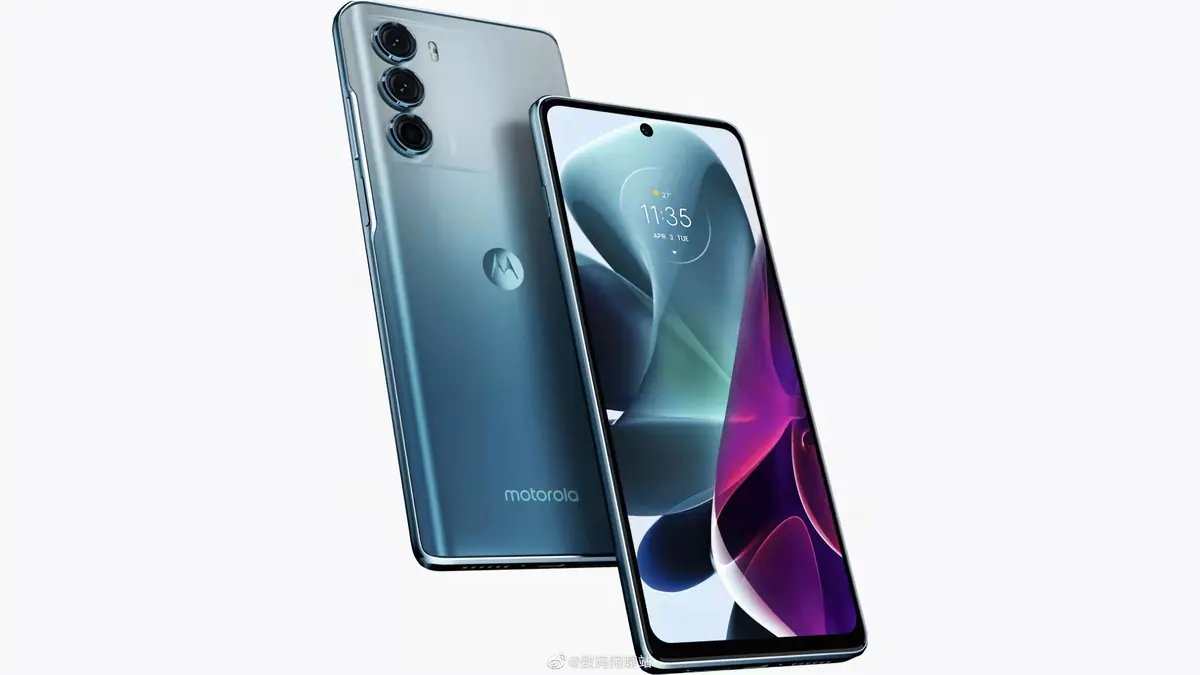New sleep research
New Zealand researchers working at the University of Otago conducted an experiment involving 85 teenagers aged 11 to 14 and found that most used gadgets for two hours before bed, including the time spent in bed.
The researchers fitted participants with body cameras and actigraphs to track their activity and sleep. An analysis of data from 79 participants found that using the devices in the two hours before falling asleep had no significant impact on the teens’ sleep duration.
When gadgets disrupt sleep
But when they used the devices while lying in bed, their sleep quality deteriorated. Switching between games and various devices in bed had a particularly negative impact on sleep, shortening its duration.
Dr. Bradley Brosnan, one of the authors of the study, noted that the harm caused by screen time before bed is related to the delay in falling asleep, rather than the blue light or interaction. Given the importance of screen time in young people’s evening routines, the researchers recommend rethinking the approach to restrictions and focusing on reducing the use of devices directly in bed.
So new evidence suggests that more flexible and realistic rules, such as limiting the time spent using gadgets in bed, may be more effective and easier to implement in daily life, ultimately leading to improved sleep hygiene in adolescents.
Source: 24 Tv
I’m Sandra Torres, a passionate journalist and content creator. My specialty lies in covering the latest gadgets, trends and tech news for Div Bracket. With over 5 years of experience as a professional writer, I have built up an impressive portfolio of published works that showcase my expertise in this field.













